The National Security Council (NSC) is the U.S. government's top team for tackling security challenges. Founded in 1947, it mixes military, foreign, and domestic policies in a heady cocktail of advice for the President. Think of it as the go-to squad during crises. With a cast that includes the Vice President and key secretaries, the NSC pulls strings and makes big decisions. Want to know about its evolution and influence? There's more to the story.
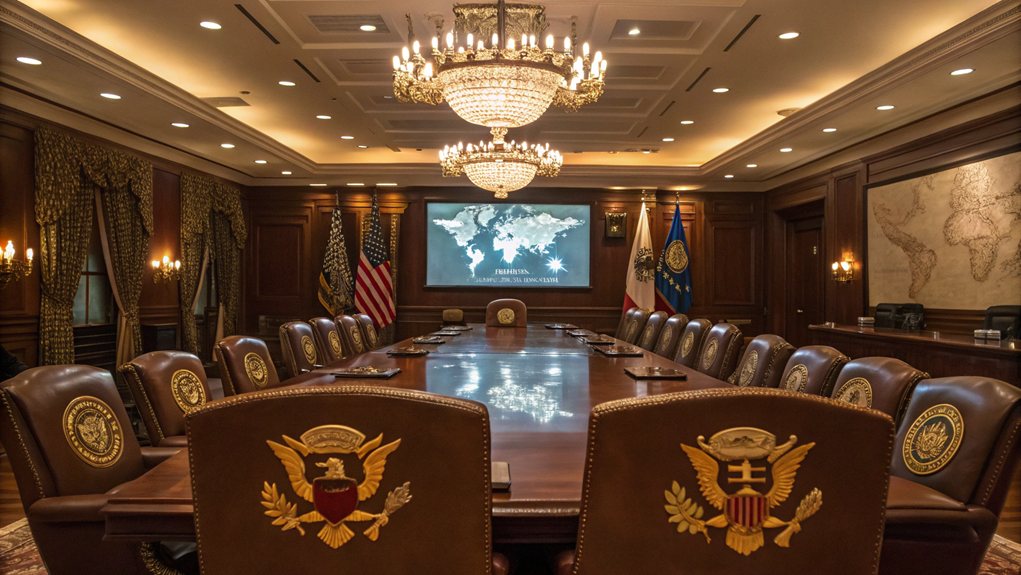
The National Security Council (NSC) is like the ultimate team huddle for U.S. national security. Established in 1947 by the National Security Act, it's the go-to brain trust for advising the President on all things concerning national security. Think of it as the ultimate think tank, combining domestic, foreign, and military policies into one neat package. It's a big deal in major U.S. foreign policy events. When the chips are down, this is where the action is.
The NSC is chaired by the President, who gets to have some serious face time with key players like the Vice President and the Secretaries of State and Defense. Other big names like the Secretary of Energy and the Secretary of the Treasury are also on the roster. It's not all statutory members, though; the Attorney General and the Secretary of Homeland Security might join in. The National Security Advisor? They're the one behind the curtain, pulling a lot of strings. In fact, the NSC's membership varies based on the administration's priorities and challenges they face.
So what does this crew do? They don't just sit around and talk. The NSC advises the President on military and foreign policy, evaluates risks during crises, and makes recommendations based on what they think are the best moves. They even get to play Homeland Security Council when the topic demands it. Talk about multitasking!
Over time, the NSC has evolved. Originally formed to tackle post-WWII security challenges, its structure and influence have changed based on who's in charge. The staff has gained more clout, and the National Security Advisor is now a key player. The National Security Council decisions made here can have weighty consequences, including issues like targeted killings—yeah, it's that serious.
With subcommittees and a dedicated staff, the NSC is always in action. They set the agenda, record decisions, and help implement policies. In short, when it comes to national security, the NSC is in the driver's seat, and they're not afraid to take the wheel.
Frequently Asked Questions
Who Are the Current Members of the National Security Council?
The current members of the National Security Council include some high-profile players.
The President and Vice President are at the top, followed by the Secretaries of State, Defense, and Energy. Toss in the Secretary of the Treasury and a couple of other cabinet heads, and you've got a pretty powerful room.
Non-voting advisors like the Director of National Intelligence and the CIA Chief add to the mix. It's a serious lineup, no doubt.
How Does the National Security Council Influence Military Decisions?
The National Security Council, or NSC, is like the ultimate military advisor.
It's not just about sending troops; it's about making certain everything fits together like a puzzle. They analyze strategies, recommend deployments, and guarantee military plans align with foreign policy—because, you know, chaos isn't a strategy.
They bring in top military brass to weigh in, making sure decisions aren't made in a vacuum.
What Is the History of the National Security Council's Formation?
The National Security Council kicked off in 1947, thanks to the National Security Act.
Originally, it was a cozy club for the President, Secretaries of State and Defense, and a few military bigwigs.
Over the years, they trimmed the guest list and added the Vice President.
It's like a never-ending game of musical chairs, but with national security at stake. Talk about pressure!
The NSC has had to adapt, and boy, has it ever.
How Often Does the National Security Council Meet?
How often does the National Security Council meet? Well, it's not exactly a regular hangout.
Meetings are super common in the first year of a president's term. Everyone's scrambling to tackle urgent issues.
After that? Crickets. The frequency drops like it's on a diet.
Sure, they can gather whenever something urgent pops up, but those formal meetings? Rarely happen. More like an occasional emergency meeting than a weekly coffee date.
What Qualifications Are Needed to Be a National Security Council Advisor?
To be a National Security Council advisor, you can't just stroll in off the street.
You need a solid background in international relations or defense—think master's or PhD level. Experience in government? Definitely a plus.
You'll also need to think on your feet and handle crises like a pro. Communication skills? Essential.
Basically, if you can't strategize, coordinate, and present ideas clearly, you might want to find another gig. It's a high-stakes game.
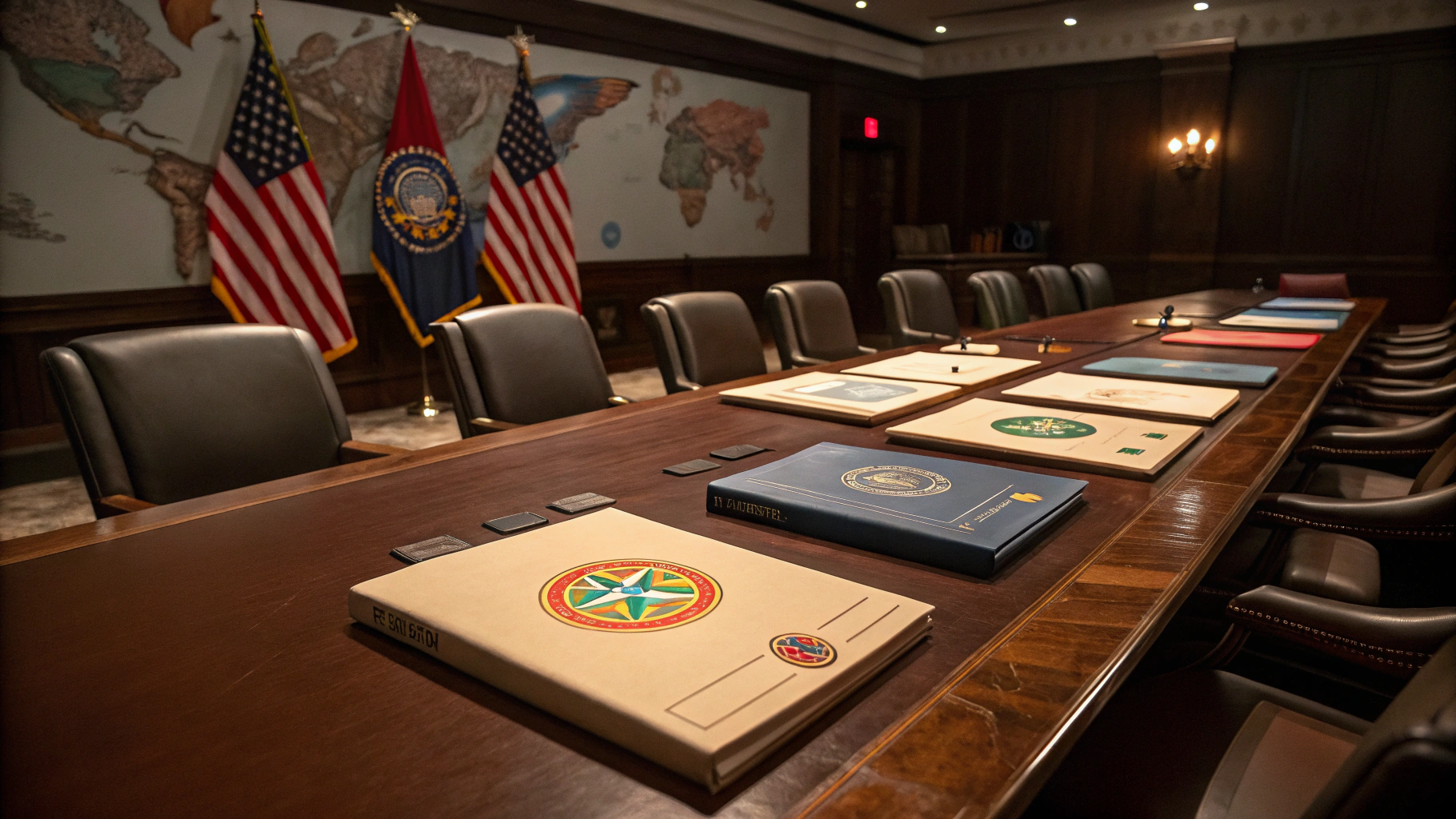
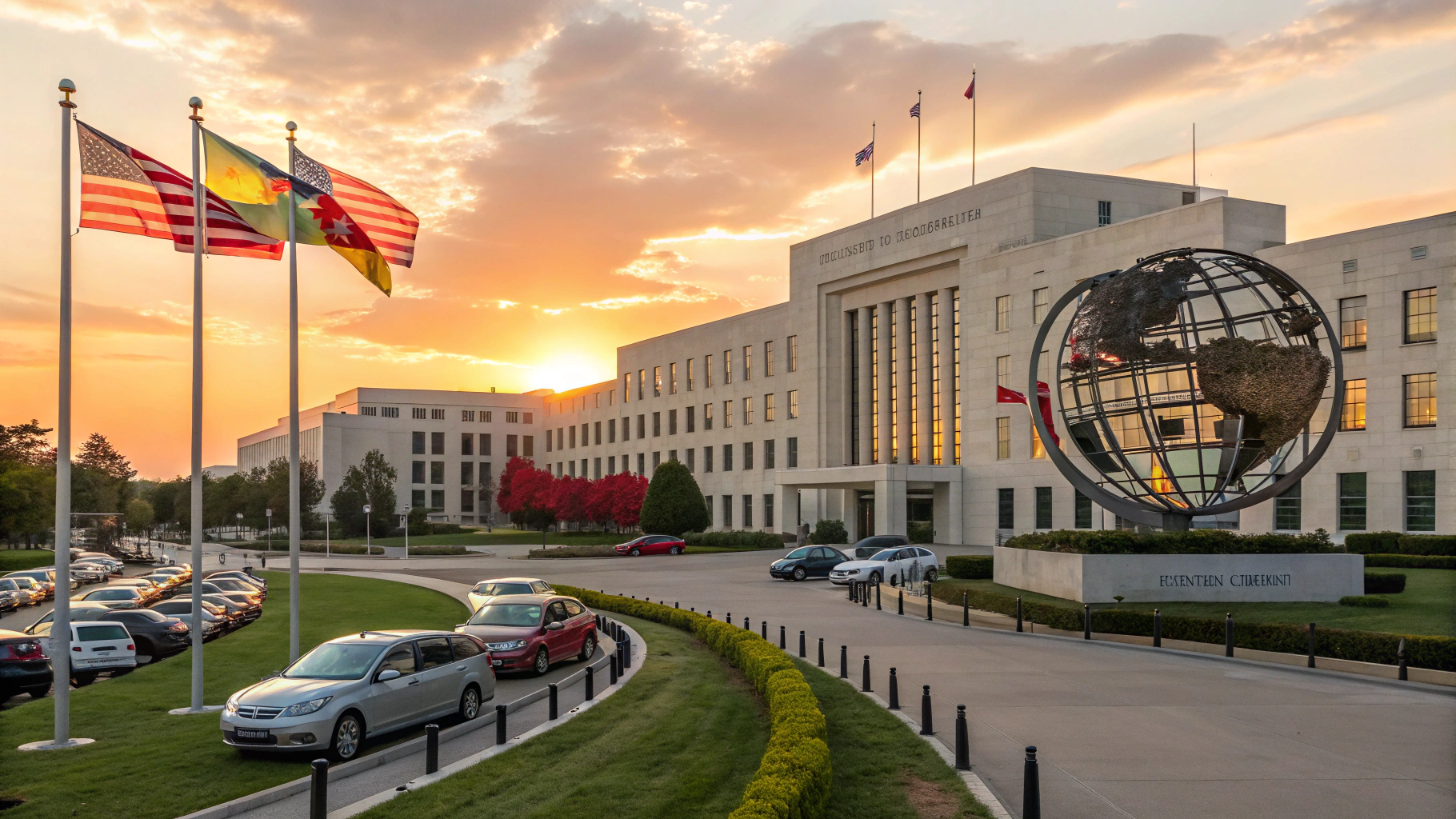

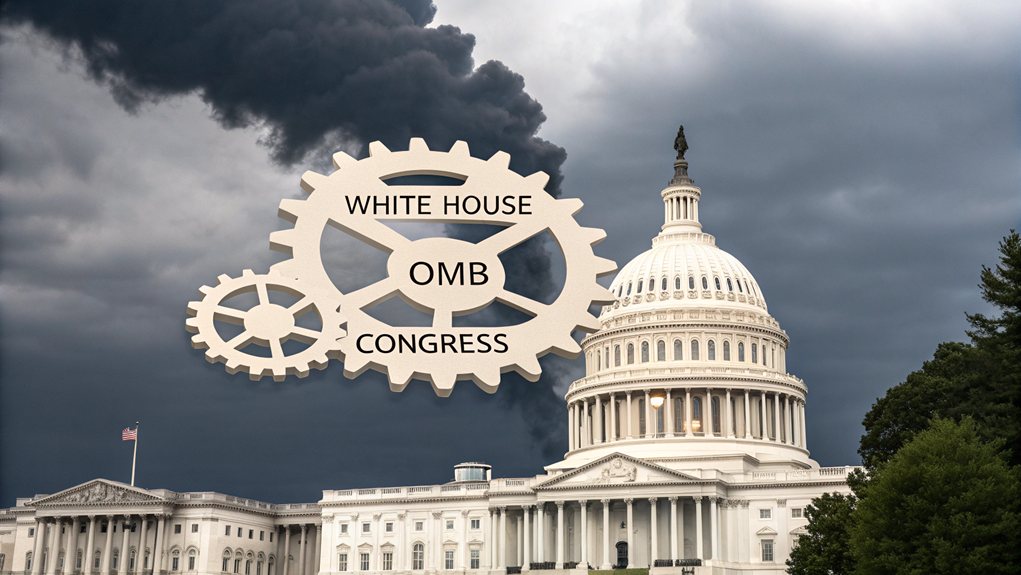
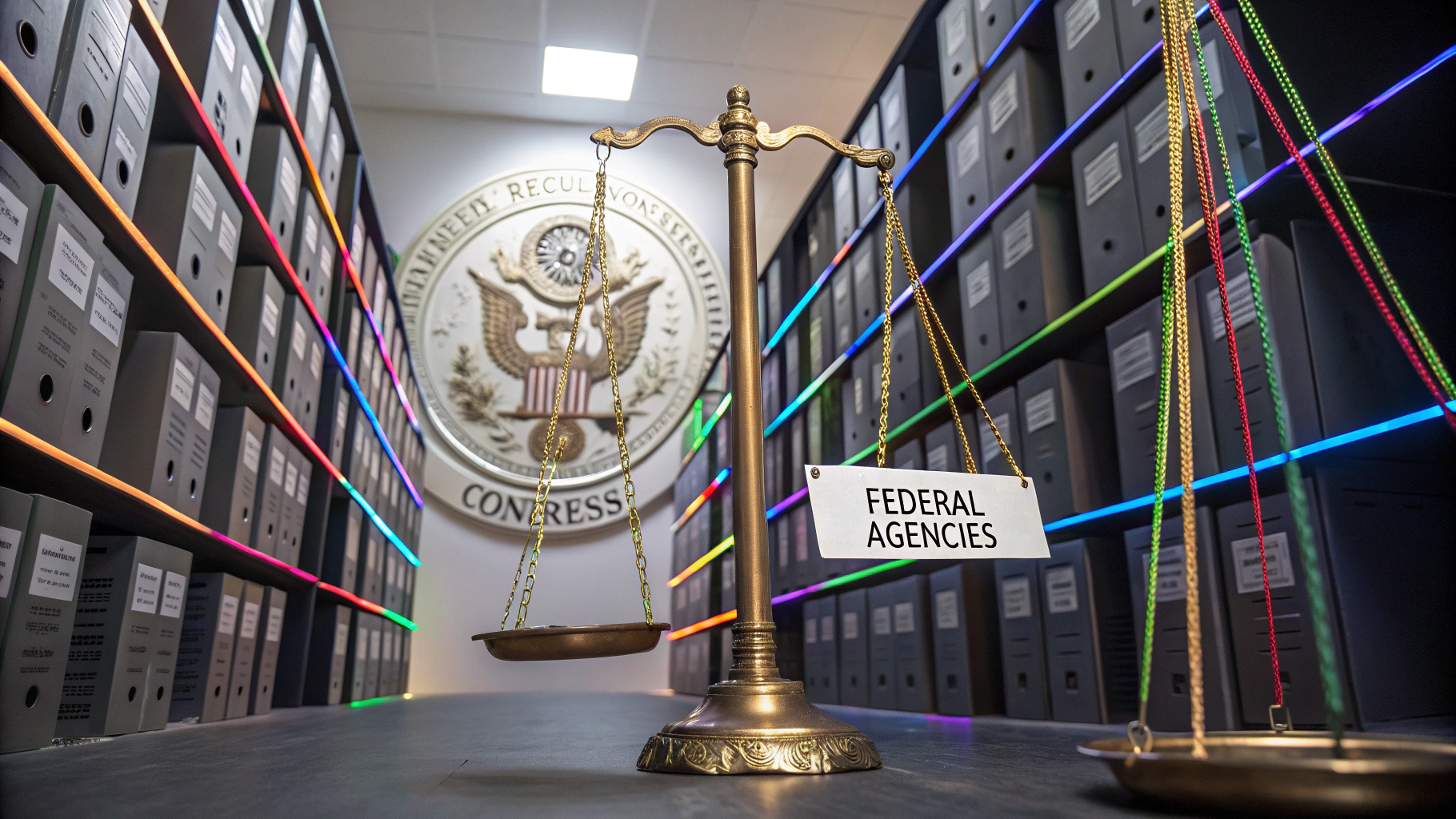





1 comment
Comments are closed.